“Cognitive Behavioural Therapy For Health Anxiety Creates Lasting Change, Period.”
CBT for health anxiety is one of the most popular therapies that doctors recommend for emotional disorders. Studies have found it to be effective in dealing with a variety of condtions like phobias, panic disorder, GAD, and social anxiety disorder, etc.
The focus of Cognitive behavioral therapy is in addressing distortions and negative patterns in our outlook towards the world and its connection to us. The two main sections of CBT for health anxiety are:
Cognitive therapy: It investigates how negative cognitions or thoughts play a role in general anxiety occurrence.
Behaviour therapy: It checks how patients react and behave in scenarios that set off anxiety. The basic tenet of Cognitive behavioral therapy is the fact that our thoughts influence our feelings, and not external events. It means that our feelings are not determined by the kind of situation that we are in; rather it is dependent on how we perceive a specific situation.
It is known that a single event can trigger varied emotions in different individuals. The reaction to an event is dependent on the attitudes, expectations, and beliefs of a person. People with health anxiety tend to think and perceive almost all situations negatively and this gives rise to fear, anxiety, and other negative emotions.
The aim of CBT for health anxiety and general anxiety is identification and correction of negative beliefs and thoughts (Watch This Video For The Top 10 Best Tips For Health Anxiety). The idea behind this goal is that changes in our perception and manner of thinking can lead to changes in the way eventually feel about different situations, etc.
Challenging Thoughts with CBT responding techniques is essential
Cognitive reconstruction or thought challenging is a process which involves confronting negative patterns of thinking that trigger anxiety and replacing them with realistic and positive thoughts. The process involves the below listed 3 steps:
Identification of negative beliefs and thoughts: People with general anxiety perceive situations to be worse than normal. For example, germ phobia patients may not shake hands for fear of getting infected. We, including patients, all know such thoughts and fear to be irrational. But recognition of the fact that it is irrational can be very difficult. Therapists will offer a lot of options for patients to begin the process of identification and one such plan may involve asking patients about their thoughts when they began experiencing anxiety.
Challenging negative beliefs and thoughts: Sufferers need to examine the thoughts that provoke anxiety via methods like verification of evidentiary support for the fearful thoughts, analysis of incorrect beliefs, etc. Therapists may then list out strategies like performing experiments, understanding the advantages/disadvantages of worrying and avoiding events that cause fear, etc.
Replacement of negative thinking with reality: After successful identification of negative predictions and irrational distortions that make up the anxious beliefs and thoughts, patients are more capable of replacing them with more positive, accurate, and realistic new thoughts. The therapist will also provide assistance in the process with reassuring statements, different realistic and positive outcomes and approaches, etc. that a person with general anxiety can say, think, or do when anticipating or facing scenarios that trigger anxiety.
Other aspects of Cognitive behavioral therapy: Cognitive behavioural therapy may also involve challenging imaginary or real life fears; learning about anxiety and its effect on the body; and learning relaxation methods and coping techniques to overcome panic and anxiety.
Begin Your Recovery Today Through A Proven CBT For Health Anxiety Method. Learn More about The End The Anxiety Program Today.

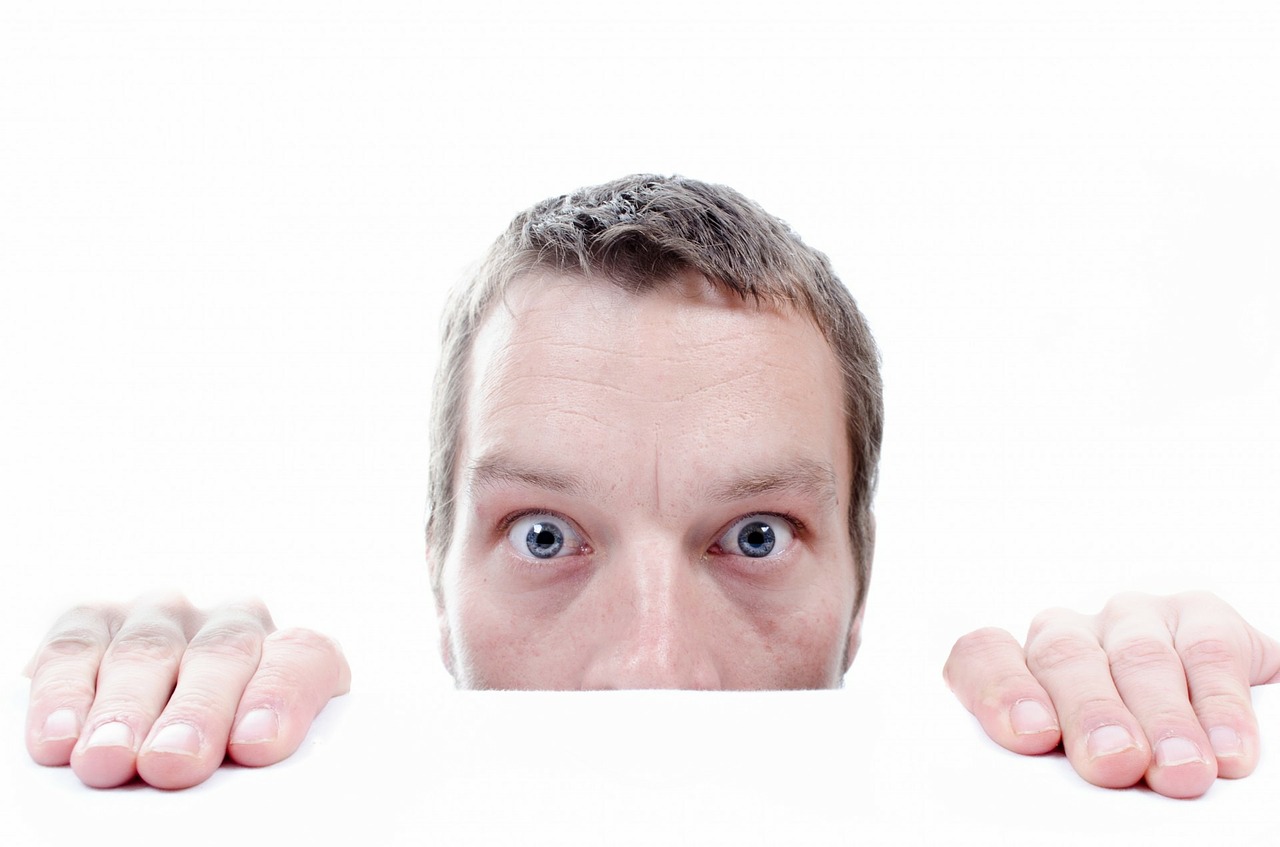
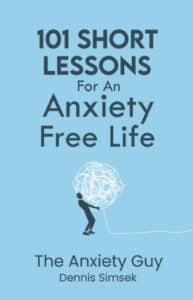

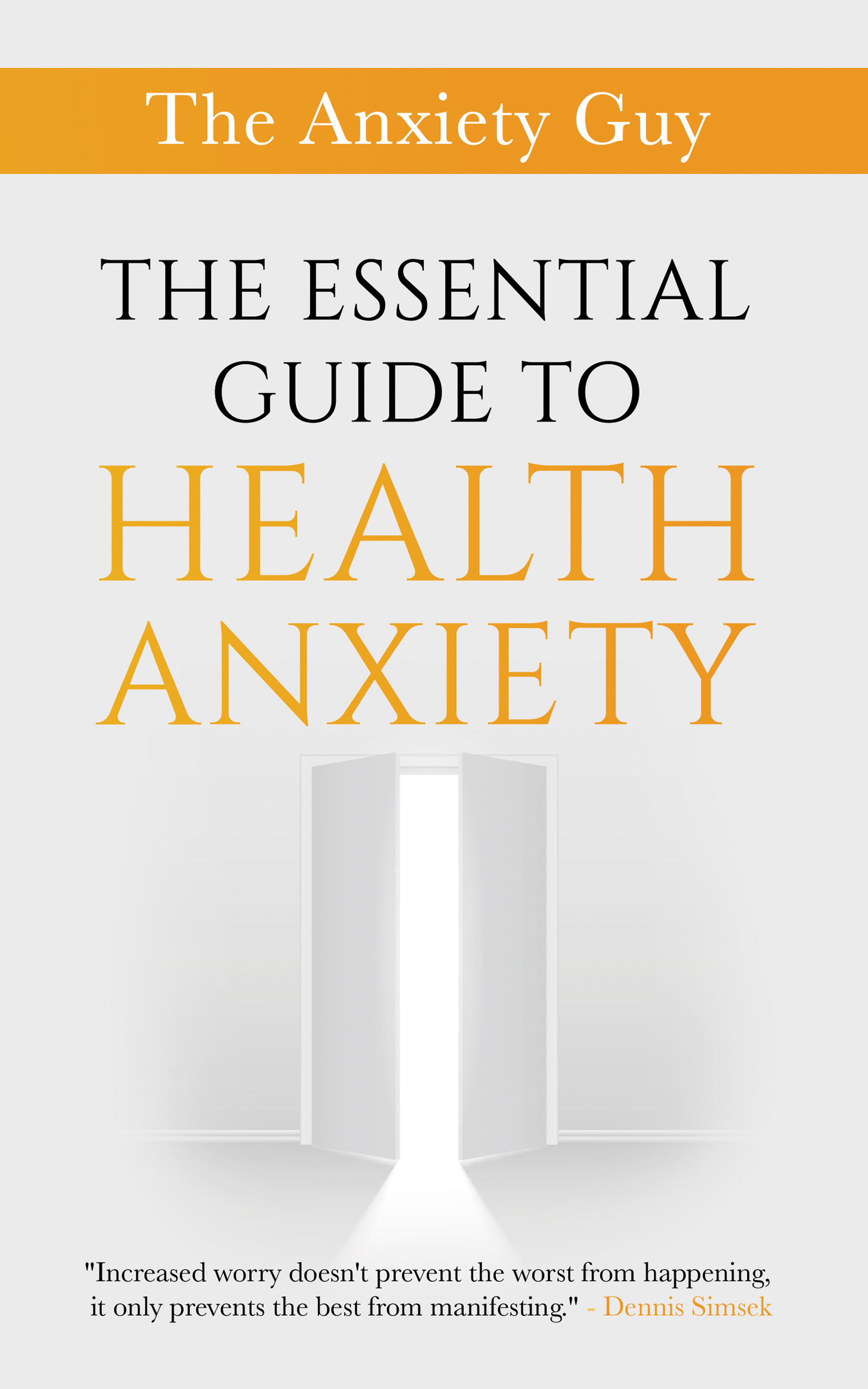
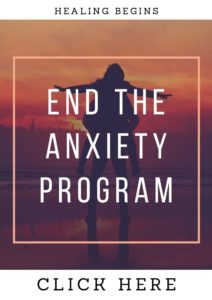
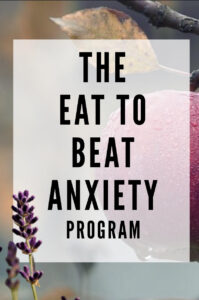



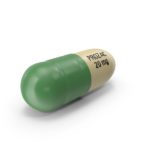









I’m interested to find out a bit more about CBT treatment for anxiety. How long does it usually take for CBT treatment to take effect? Will you be able to tell that it is working? I like that it’s getting to the root cause of the problem and not just hiding the problem with drugs or some other short term solution.
Hi Kelly. The program has a 93% success rate for lowering and eliminating health anxiety and GAD for people that commit to the program. It’s not a magic wand, changes takes a decision from the sufferer, a willingness to learn, and apply. The unconscious mind loves looking for what’s familiar, in this case anxiety. So it’s important that people who do the end the anxiety program understand change happens with thinking and doing things in a different way. It certainly will give the best approach as far as mindset and strategy I’ve ever seen online and offline.
Interesting read! One thing I’ve learnt about CBT for health anxiety is the getting rid of negative beliefs. I’ve since incorporated this into my daily routine. Though I believe there is still more to know about CBT for health anxiety. I’m curious to get involved. Thanks!
Action based CBT for health anxiety has proven to create incredible changes in people I work with through the program, as well as 1 on 1’s. It’s a great feeling to be able to help some create the change they never knew could be possible.
Wow, this information has really piqued my interest! Would this program be more of a long term solution and what is the success rate of this program?
At the moment the success rate of people lessening and eliminating their fears related to symptoms of anxiety, and their phobias is 93%. The CBT method speaks to their current thought patterns that turn into their belief systems. As well as tackling the behaviors that trigger further anxiety in the future for them. Along with this the support is consistent so I like to think of it as the complete package 🙂
I could remember what my specialist let me know in the year 2009 in the wake of perusing this article CBT takes a gander at how to challenge the way you interpret symptoms, to empower a more adjusted and sensible view.
In my opinion there is no better option than CBT for health anxiety Jenny.
I’m a therapist and have experience working the field of mental health wherein we incorporate Cognitive Behavioral Strategies in our treatment. CBT for Health anxiety is indeed effective. The tendency when you have anxiety is it affects your thoughts thus affects how you perform in your everyday tasks, CBT aims to target your thought processes so you’ll be able to better perform in everyday tasks. Thank you for this informative post!
Great input thank you.
I had a couple of different doctors recommend cbt for health anxiety in the past and I was also super skeptical. It all sounded kind of cheesy. But a few months ago I decided to give it a shot and actually found the concept very interesting. Once I stopped talking myself out of it it became really beneficial. It’s about being mindful and actively choosing not to think about something a certain way. Takes practice but so helpful!
Great feedback Jamie. CBT for health anxiety is truly a great approach.
This is informative and I like the idea of the CBT considering that its natural therapy and also targets the root cause of the root cause of the problem, that to me will likely achieve a long term positive result than using short-term measures like drugs which might even come with some side effects.
Good points to add Rachael.
I just want to thank you for this wonderful article on CBT for health anxiety. I suffer from anxiety when it comes to money, even though we have enough to pay for our needs I worry that we are going to become broke or will not have enough money to cover bills. My husband does not understand my anxiety since there is no financial trouble we are in and wonders how I can always jump to conclusions. Do you think that an individual could apply CBT for health anxiety without the help of a counselor?
There’s a big difference between counselling and mentoring/coaching. My approach is more of an outcome focused way of going about the challenge, systematically breaking down what needs to be done to move anxiety sufferers forward. Counselling involves diving deep into the reason for the thought patterns in the first place, and in my opinion a CBT and NLP combined approach is best for health anxiety sufferers. It has helped over 3000 people i’ve worked with worldwide, and I will stick to what works 🙂
Hey, I wanted to reach out to you and say well done on this article! Im a supervisor at an outpatient clinic and was looking for info on CBT health anxiety to use at our next supervision. Sometimes helping someone with anxiety can be difficult because we may not understand where that person is coming from and what their trigger may be. Looking forward to the discussion from this post and brainstorming on this interesting topic.
Very welcome. I’m a big believer in CBT for health anxiety yes.
I’ve never used CBT for health anxiety but I’m more and more inclined to seek help. My health anxiety was somewhat caused by the death of a very closed friend. It was such a shock since she didn’t even know she was sick and it affected me more than I realized at first. Now I tend to get very compulsive even when I develop a minor rash. I Google my symptoms and then I cry myself to sleep thinking I have 10+ diseases. My health is more than ok and I have a very active lifestyle but I always wonder what if…
Hi Kayla. This sort of traumatic experience can certainly lead to health anxiety. CBT for health anxiety in my opinion can do wonders for you as it has many others and here’s the program which also includes the #1 support system online – https://theanxietyguy.com/my-program/
Never in my life have I thought this will happen to me but after dealing with psoriasis for several years I’m not in a good place. My psoriasis is better now, barely visible but researching this condition in depth has left me paralyzed with fear it could come back much worse. I’ve tried to cut back on stress and switched to a vegan diet in the last two years but I just can’t shake off the feeling it would spread all over my body. I know all this worrying is bad for me but I just can’t help it!
Grateful this post opened your eyes to CBT for health anxiety Caroline.
This is a really good article. CBT may be a good solution for anxiety disorders, panic attacks etc. I had a friend who suffered from anxiety during college. Every week she would go to the emergency room to get treated for her anxiety attacks. I know from experience she is a negative thinker when not under the influence of alcohol. CBT would have been great for her.
CBT and NLP has changed my life, and many other people who are going through the program. Thanks Kay.
CBT worked for me. I suffered from depression and recovered completely using CBT. I worked with a wonderful psychologist who guided me through the process of evaluating, challenging and changing my patterns of thought that contributed to my depression. It was rigorous process that took about a year before I recovered. My thinking–or perhaps more accurately, my awareness or perception–is often in words, but also in images and obscure moods. I learned to evaluate, challenge and change my perceptions, whatever their form. My therapist and I also probed into the underlying causes of my depression–a narrative that began in childhood and continued to the time of my therapy. Understanding the causes gave me perspective, which softened the sharp edges of my depression, but didn’t give me the tools to change. CBT gave me those tools and they worked very well. I continue to use them, especially when I find myself starting to spiral down. I know how to reverse that spiral and return to healthy patterns of thought and thus to emotional well-being. By the way, one can find mountains of clinical evidence that CBT works very well for depression and anxiety.
Thanks for sharing your experiences.
I have never tried CBT before, however a friend of mine has tried it, and though it does sound a bit “radical” and he was a bit skeptical at first, he said it really did help him. I guess everyone is different, and CBT might not be for you, but it’s definitely worth a try, as it does work for some people.
It works for anyone that’s not willing to try, but to own the approach and the skill sets that accompany this great method.
Negative beliefs and thoughts made my life a mess. With Dennis’ help I could overcome them with ease. Your knowledge about anxiety is amazing indeed.
Glad I could help Michael.
What an incredible experience interacting with Dennis!! His knowledge really inspired me because his suggestions gave me expected results. I would highly recommend Dennis to anyone looking to have a conversation about health anxiety or any issues related to personal life.
So very welcome and thank you for the kind words Maria.
I found Dennis knowledgeable, caring and attentive. Whenever, I received an email from him, it gave me new energy . I recon, Dennis Simsek should set up an anxiety treatment institute. He is the guy who truly wants to help.
Thanks for the kind words Aaron.
The program by Dennis is efficient and stands out. If anyone wants solutions to anxiety issues, Dennis is the person to contact. Thank you Dennis for setting me free.
Grateful ❤️🙏
Sometimes, I wonder how large a role negative thoughts play in CBT for healthy anxiety. However, this article details it, but how fast can one replace anxiety with reality even with the help of therapist?
Neuroplasticity is the brains ability to change it’s anxious circuitry. Oxytocin is a hormone that promotes change in a rapid way through dark chocolate for instance during study time of yourself and methods that help anxiety which is a fantastic push to change the brains circuitry. How fast, very fast, but a number of factors come into play.
CBT for health anxiety aims at correcting negative thoughts and cognitions, but how good can this be achieved? I think it may not be very easy to make one who fears or undergoes health anxiety to totally drop all negative thoughts. Kindly throw more light on this, thanks.
Deleting a thought or am emotion in the moment is what most people try and do. Most people default to memory because thinking is too painful. When in fact monitoring, challenging, replacing and practicing external mindfulness is the key to limiting and eliminating internal anxiety. The brain is very open to new pathways and can change it’s circuitry rapidly as is understood more deeply in the end the anxiety program, but anxiety sufferers must begin from a place of awareness. The thoughts, words, actions that cause someone to experience health anxiety, a place of understanding first is essential.
The primary principle behind CBT is that our thoughts, behaviors, and emotions move to form a maladaptive cycle that maintains or exacerbates symptoms of a disorder. To interrupt the cycle, therapists use CBT to alter maladaptive thoughts and behaviors with the goal of serving to purchasers learn new ways in which to address their anxiety.
Thank you for expanding on what CBT for health anxiety is.
Health anxiety, rest called hypochondria, is characterized by attention to physical and physiological sensations paired with the assumption that those sensations indicate a significant ill health. Health anxiety is maintained or exacerbated as a result of people tend to interpret temporary, physiological sensations as symptoms of a significant ill health, leading to anxiety concerning their health. This inflated anxiety results in bigger attention to the symptom, moreover as bigger physiological arousal and even additional anxiety, making a cycle of worry and shut attention to physical symptoms.
Thank you for your feedback.
This is absolutely correct! I could remember when my doctor prescribed this to me a couple of years ago, I first felt like it can not work for me because the whole concept looked too simple to me. But I eventually gave it a try and it indeed did more than what I could have ever expected. It completely helped changed my thinking pattern toward some life issues. And it doesn’t take too long before it started showing its effect.
Thanks for sharing your experience with CBT for health anxiety Dammy.
CBT is the best therapy for anxiety. Using CBT and NLP myself I find CBT techniques work much better to improve the health of an anxiety client. Helping the client to discern between reality and imagination. Anxiety clients must known how to spot a trigger and CBT techniques works the best.
CBT for health anxiety has worked for many and glad it has worked for you as well Sandra, much love.
I use to always believe something negitive and that made me very anxious. CBT techniques helped my health and my anxiety. I now focus on being positive because that is good for my health and my anxiety. Thanks to CBT techniques I am now less anxious.
Great to hear Marten.
I will strongly recommend CBT for health anxiety. CBT techniques helps you to known when a thought is true or not. It also helps you deal with anxiety through techniques.
A combination of NLP and CBT for anxiety sure can create the change people want to see in their lives.
Great article
Grateful thank you.